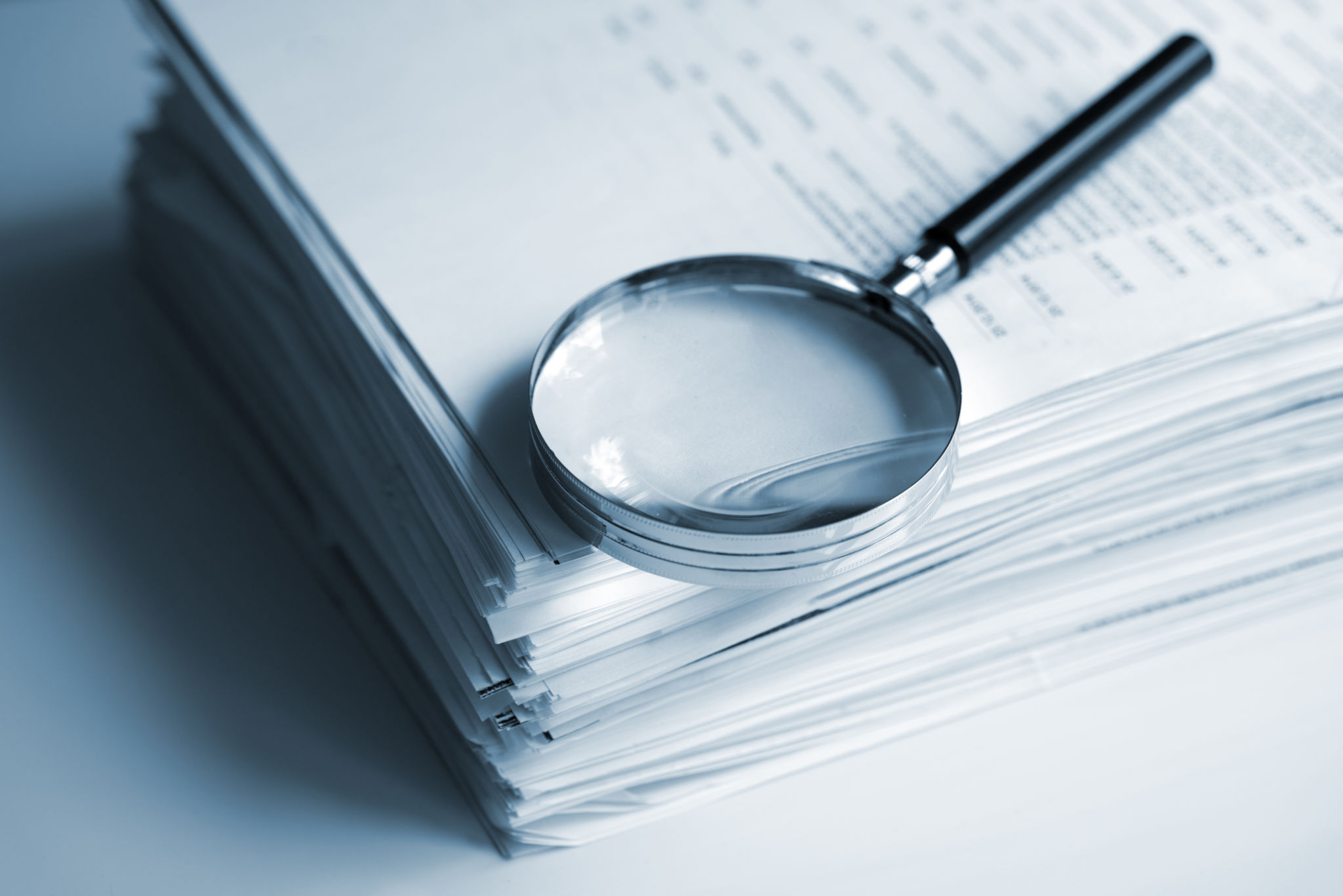Expert Insights: Navigating Tax Audits with Confidence
Understanding the Basics of Tax Audits
Facing a tax audit can be an intimidating experience for many individuals and businesses. However, with the right preparation and understanding, you can navigate this process with confidence. A tax audit is essentially an examination of your financial records to ensure everything aligns with reported income and deductions. Knowing what to expect and how to prepare can significantly ease the stress associated with audits.
There are several types of tax audits, including correspondence audits, office audits, and field audits. Each type has its unique process and requirements. Correspondence audits are typically routine and involve requests for additional documentation via mail. Office and field audits are more comprehensive, requiring in-person meetings and a deeper dive into your financial records.

Preparation is Key
Preparation is your best friend when navigating a tax audit. The first step is to organize all relevant financial documents, including receipts, bank statements, and previous tax returns. Having these documents readily available will streamline the audit process and demonstrate your commitment to accuracy and compliance.
It's also crucial to review your tax return before the audit. Double-check for any discrepancies or errors that may have triggered the audit. Understanding these areas will help you address potential questions or concerns proactively.

Consulting a Tax Professional
Engaging a tax professional can be invaluable during a tax audit. These experts can provide guidance, represent you during meetings, and ensure that your rights are protected throughout the process. Moreover, they can help you understand complex tax laws and how they apply to your situation.
A tax professional will also help you communicate effectively with the tax authorities, ensuring that all interactions are clear and beneficial. Their expertise can be a critical asset in resolving any issues that arise during the audit.

During the Audit
When it comes time for the audit, remaining calm and cooperative is essential. Answer questions honestly and provide documentation promptly when requested. If you don't know an answer, it's perfectly acceptable to say so and offer to follow up once you've verified the information.
Ensure that all communications are documented. Keep a record of all correspondence, including emails, letters, and phone calls. This documentation can be helpful if any discrepancies arise or if further clarification is needed.
Post-Audit Steps
Once the audit is complete, review the findings carefully. If there are any adjustments or penalties, understand why they occurred and how to address them. If you disagree with the findings, you have the right to appeal the decision. A tax professional can assist with this process if necessary.
Use the audit as a learning experience to improve future tax practices. Implementing better record-keeping systems and staying informed about tax regulations can help prevent future audits or make them easier to manage if they do occur.

Final Thoughts
While a tax audit can be daunting, approaching it with preparation and the right mindset can make all the difference. By understanding the process, seeking professional guidance, and maintaining organized records, you can navigate a tax audit with confidence and peace of mind.
Remember, audits are not necessarily a sign of wrongdoing but rather a part of maintaining compliance. With these expert insights, you can face your next audit prepared and poised for a positive outcome.